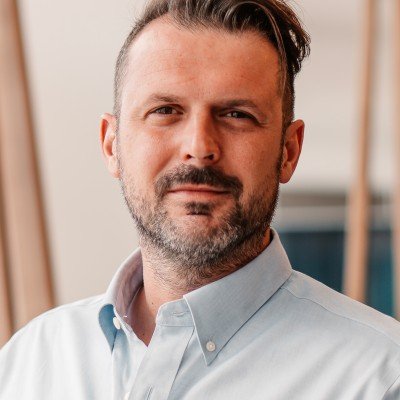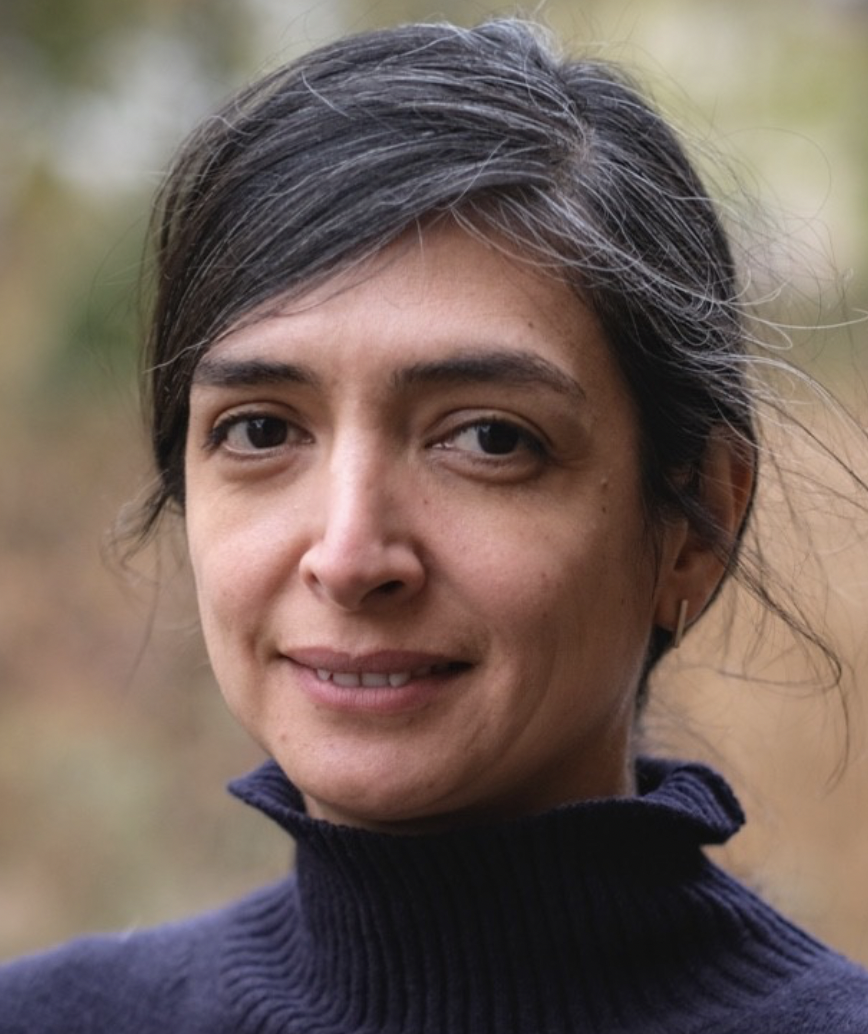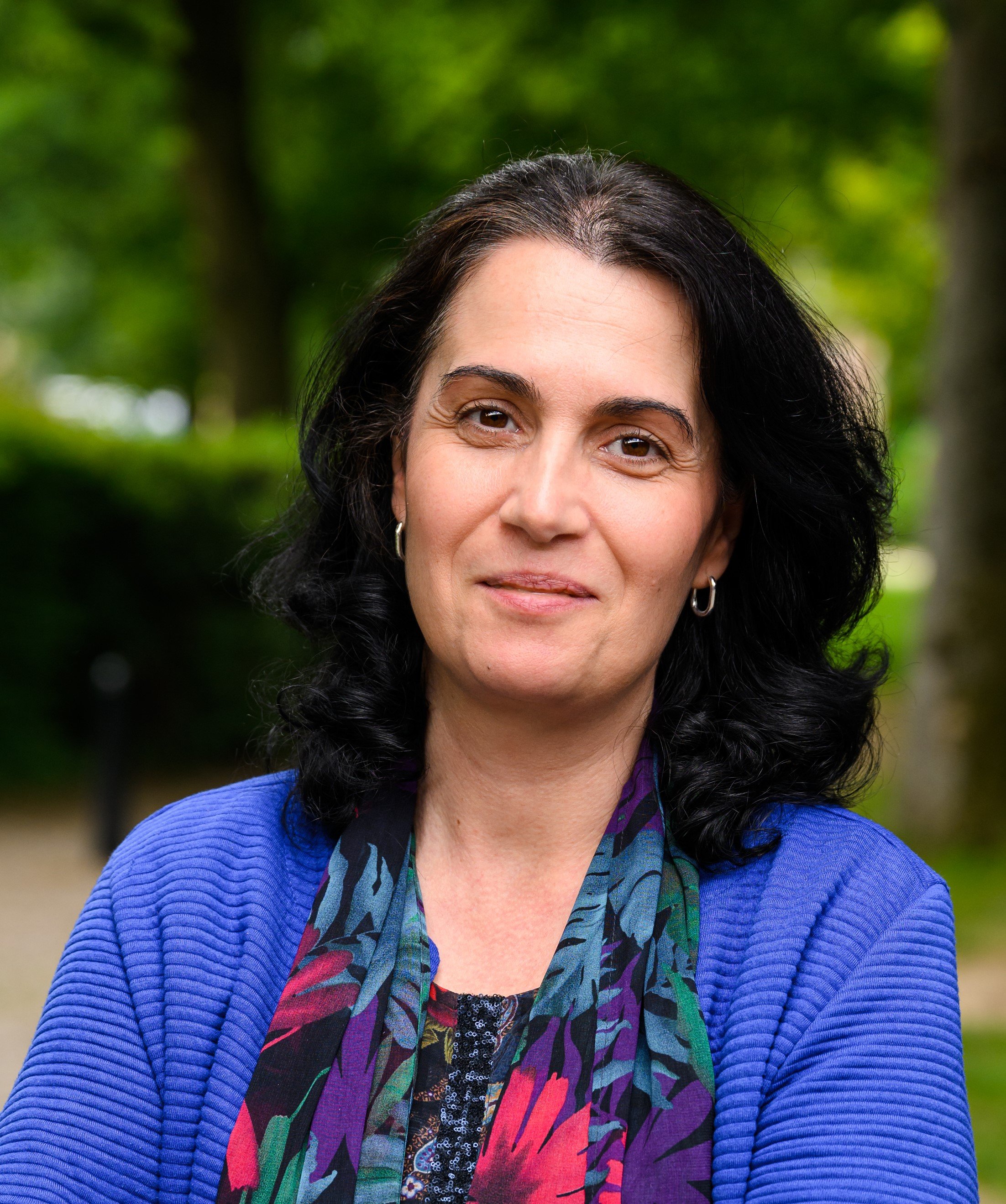-

Prof Keith Humphreys
Keith Humphreys is the Esther Ting Memorial Professor in the Department of Psychiatry and Behavioral Sciences at Stanford University. He is also a Senior Research Career Scientist at the VA Health Services Research Center in Palo Alto and an Honorary Professor of Psychiatry at the Institute of Psychiatry, King's College, London. His research addresses addictive disorders and translation of science into public policy.
Dr. Humphreys has been extensively involved in the formation of public policy, having testified to U.S. House and Senate Committees and in many state legislatures, and having served on the White House Commission on Drug-Free Communities during the Bush Administration and as Senior Policy Advisor in the White House Office of National Drug Control Policy under President Obama. He created and co-directs the Stanford Network on Addiction Policy, which brings scientists and policy makers together to improve public policies regarding addictive substances. He also leads the Stanford-Lancet Commission on the North American Opioid Crisis.
Dr. Humphreys has also testified on numerous occasions in the U.K. Parliament and advises multiple U.K. government agencies. He and the authors of "Drug Policy and the Public Good" won the 2010 British Medical Association's Award for Public Health Book of the Year. To recognize his service to addiction-related services and scholarship in Britain Queen Elizabeth made him an Honorary Officer in the Order of the British Empire in 2022.
-

Dr Stephane Doyen
Dr. Stephane Doyen is an innovator and entrepreneur at the intersection of neuroscience, artificial intelligence, and healthcare. He holds a PhD in Neurosciences and an MBA, with over 30 publications in the fields of brain mapping and AI techniques in healthcare, as well as 50 patents to his name. During his doctoral studies, Dr. Doyen was part of the Consciousness, Cognition, and Computation Group at the University of Brussels and served as a visiting scholar at the University of Cambridge. Dr. Doyen co-founded Omniscient Neurotechnology, an award-winning brain-mapping company that leverages AI to enhance brain care for clinicians. As Chief Data Scientist and Technology Officer, he remains hands-on in the development process, personally coding the company's core algorithms, including the Structural Connectivity Atlas. His work demonstrates a rare ability to not only conceptualize innovative solutions but also to implement them at a technical level. Prior to his entrepreneurial ventures, Dr. Doyen served as the Director of Data Science and AI for Oliver Wyman Labs in Asia and the Pacific. In this role, he led the development and implementation of multi-million-dollar analytics-based solutions for Fortune 500 organizations, showcasing his capacity to operate at scale and translate complex ideas into marketable products. Dr. Doyen's expertise spans a wide range of areas, including FDA regulatory processes, large-scale cloud infrastructures, and the practical application of AI in real-world scenarios. His track record of successfully leading several AI-focused startups underscores his ability to navigate the challenges of bringing cutting-edge technologies to market. Throughout his career, Dr. Doyen has consistently demonstrated an aptitude for collaborative leadership and adaptability. These qualities, combined with his technical prowess and entrepreneurial spirit, position him as a global leader in the application of AI to solve complex problems in healthcare and beyond.
-

Prof Katarzyna Czabanowska
Prof. dr. habil. Katarzyna Czabanowska is a professor of Public Health Leadership and Workforce Development and Head of the Department of International Health, Care and Public Health Research Institute (CAPHRI), Maastricht University, the Netherlands, Honorary Member of the UK Faculty of Public Health.
Her research involves leadership development, leadership competencies for public health and health-related disciplines, capacity building in public health, including competency and training needs assessment, design of training programmes, competency-based education and systematic development of competency frameworks for public health and health workforce, public health workforce development and planning including professionalization. She is a Past President of the Association of the Schools of Public Health in the European Region (ASPHER), and a lead author of the WHO-ASPHER Competency Framework and the Road Map to Professionalizing the Public Health Workforce in the European Region. She is an academic Board Member of the Studio Europa at Maastricht University; visiting professor at the Institute of Public Health Jagiellonian University, Krakow, Poland, adjunct professor at the Richard Fairbanks School of Public Health, Indiana University, US.
-

Dr Jessica Neicun
Jessica Neicun is a sociologist specialised in public policy and health. She obtained a bachelor’s degree in sociology at the University of Chile in 2003. After a junior position as a programme evaluation officer, she pursued her studies in France where she specialised in development studies, migration, and gender at the University of Paris between 2004 and 2007. She then occupied several positions in Chile and France, working as a policy & research officer in the field of social policy for both public and not-for-profit sectors.
In 2017 she started her PhD research graduating from Maastricht University (The Netherlands), where she integrated the Department of International Health as an PhD candidate. She continued her research on NPS and their implications for drug policy and public health, sharing and enriching her research work through the participation in scientific conferences in Europe and the USA. In 2020 she started collaborating with the Master of Governance and Leadership in European Public Health of Maastricht University as a lecturer and teaching assistant on topics related to drug use and public health. Since 2022, she is working as a researcher and evaluation officer at the Research Centre of the Montréal University Hospital (QC, Canada), where she coordinates a community-based research project aimed at improving access to healthcare for homeless Indigenous peoples. She also collaborates on different research projects on patterns of drug use, health harms and linkage to care among a cohort of injection drug users.
Dr Jessica Neicun is an Indigenous descendent researcher currently based in Tiohtiàke (Montreal, Canada). She is a dedicated researcher on substance-related health problems among Indigenous peoples, offering a rare, authentic perspective due to her personal and professional experiences. Addressing this historically overlooked issue, she bridges the gap between Indigenous and Western knowledges throughout the Americas. Her research holds the potential to influence health policies and societal views on Indigenous substance misuse. She benefits from her unique, intersectional viewpoint, underscoring her commitment to promoting diverse voices and impactful research.
-

Dr Konstantinos Ioannidis
Dr Konstantinos Ioannidis (MD, MSc, MRCPsych, AFHEA, PhD) is a Consultant Psychiatrist and Clinical Lead of the Southern Gambling Service, a regional tertiary centre for the treatment of Gambling Disorder, based at the Clinical and Experimental Sciences, Faculty of Medicine, University of Southampton. He holds a PhD from the Care and Public Health Research Institute, University of Maastricht. He has previously worked for Cambridgeshire and Peterborough NHS Foundation Trust and the University of Cambridge.
Dr Konstantinos Ioannidis has a long-term interest in data synthesis, including leading on meta-analyses for the relationship between cognition and dimensions of behaviour (including impulsivity) with behavioural addictions, as well as the impact of problematic interactions with the online environment leading to body dissatisfaction and disordered eating. He also has a clinically applied research focus; as a fellow of the Collaboration for Leadership in Applied Health Research and Care (now ARC), he developed an early warning system (including a machine learning based variant) for inpatient anorexia nervosa populations and he is currently leading service evaluation and research for the regional East of England Provider Collaborative for Eating Disorders, aiming to extract insights into intensive community interventions and virtual intensive treatments, within the ecosystem of eating disorder interventions. In parallel, he is developing national guidelines for the pharmacological management of gambling disorder, informed by network meta-analyses.
He is an associate editor at Comprehensive Psychiatry, leading a Special Issue of Problematic Usage of the Internet, as well as a co-investigator of BOOTSTRAP (Boosting Societal Adaptation and Mental Health in a Rapidly Digitalizing, Post-Pandemic Europe, funded by Horizon 2020). He is a member of the Royal College of Psychiatrists Psychopharmacology Committee (2023-2027).
-

Dr Melanie Penner
Melanie Penner, MD MSc FRCP(C) is a developmental paediatrician at Holland Bloorview Kids Rehabilitation Hospital and a senior clinician scientist at the Autism Research Centre in the Bloorview Research Institute. She is the Bloorview Childrens Hospital Foundation Research Chair in Developmental Pediatrics. She completed her Bachelor’s in Health Sciences at McMaster University, her medical degree at Queen’s University, her paediatrics residency and developmental paediatrics subspecialty residency at the University of Toronto, and her Master’s in Health Services Research at the Institute of Health Policy, Management and Evaluation at the University of Toronto.
Dr. Penner works as a developmental paediatrician performing developmental assessments, diagnosing autism spectrum disorder, and managing psychopharmacological treatment in children with complex behavioural challenges. Her research interests are in expanding and enhancing the care provided to children with autism spectrum disorder and their families in the community.
-

Prof Milena Pavlova
Milena Pavlova is Professor of Health Economics and Equity at Maastricht University. Her research focuses on healthcare systems and healthcare financing, including areas such as universal health coverage, value-based care, health insurance, health workforce, healthcare quality and access, cost-sharing, healthcare equity, policy evaluation, health policy and health system assessment. From 2008 to 2013, she coordinated the FP7 project “Assessment of patient payment policies and projection of their efficiency, equity and quality aspects: the case of Central and Eastern Europe”. Since then, she has participated in several other EU projects such as the H2020 TRANS-SENIOR project, the CHAFEA ProHealth65+ project, the CROSS-BORDER.CARE and the ERASMUS+ project BIHSENA. At present, she is also involved in various healthcare projects in low- and middle-income countries.
Milena Pavlova is the chair of the ASPHER working group on Economic Evaluation in Healthcare in Europe and active member of the Scientific Committee of the Netherlands Red Cross, as well as Senior Editorial Board Member at BMC Health Services Research. She is assessor for the European Commission and reviewer for the International Health Economics Association and other international agencies. Her publication list includes more than 180 research papers and policy reports on the improvement of health care, including the report on universal health coverage and financial protection in cooperation with the WHO Barcelona Office for Health Systems Strengthening. In 2016, she received the AXA Award for successful mid-career researcher. In 2017, she was awarded the title Honorary University Professor by the Corvinus University of Budapest as well, and in 2018, she was selected for the Top Talent program at Maastricht University.
-

Prof Wim Groot
Wim Groot (1960) is Professor of Health Economics at the Faculty of Health Medicine and Life Sciences since 1998 and Professor of Evidence Based Education at the School of Business and Economics since 2008, both at Maastricht University. Between 2015 and 2019 he was also Professor of Evidence Based Education and Labor Market Policy at the Faculty of Economics and Business of the University of Amsterdam. In 1986 he received a M.A. degree in Economics from the University of Amsterdam and in 1992 a Ph.D degree in Economics from the same university.
Between 2007 and 2015 he was a crown member of the Council of Public Health and Health Care (Raad voor de Volksgezondheid en Zorg, RVZ), the main advisory council for the minister of health in the Netherlands. He is currently a member of the board of governance (RVT) of the Dutch Patient Federation (Patientenfederatie), a member of the ZoNMW committees ‘Outcome-related care’ (‘Uitkomstgerichte Zorg’), ‘Outcome-related organising and paying for health care’ (‘Uitkomstgerichte Organiseren en Betalen’) and ‘Evaluation Citrien Fund’ (‘evaluatie Citrienfonds’), chairman of the NWO-Vidi and Veni committees ‘Law and Governance’ and ‘Economics and Business Economics’. He is member of the Advisory Board Health Care of the ING Bank and until 2021 he was chairman of the expert panel of the National Federation of Cancer Patient Organizations (NFK), He was a consultant for various ministries and the province of Limburg in the Netherlands and for organizations like the European Commission, OECD and the Worldbank. He is currently a consultant for the Swiss Agency for Development and Co-operation on medical education reform in the Ukraine.
He has published more than 360 papers in international scientific journals. Until 2022, he successfully supervised more than 55 PhD students. He was a columnist for Het Financieele Dagblad, Algemeen Dagblad, Zorgvisie, Avanta en HO Management. He is currently a columnist for the Observant and frequently writes for Wynia’s Week.
In 2004 he obtained an honorary doctorate from the National University of Kiyv-Mohyla Academy in the Ukraine.
